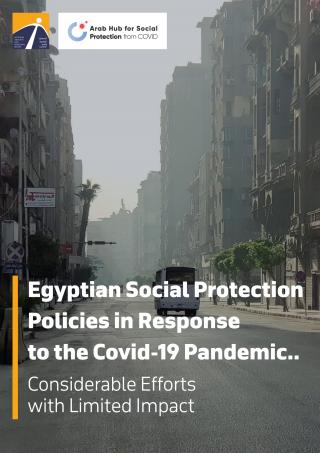Today, the Egyptian Initiative for Personal Rights (EIPR) issued a position paper entitled “An Egyptian emergency plan to confront climate change: COP27 as an opportunity to change course”.
Programs: Economic and Social Justice
The debt crisis will not be solved by a new loan
External debt payments for a year exceed foreign currency reserves and current debt policy is not sustainable
Today, January 19, 2023, EIPR issued a report titled “Conviction without Evidence: The Unfair Trial of Abu Al-Fotouh, Al-Qassas, and Moaz Al-Sharqawi,” in which it called for the abolition of the lengthy pri
Civil society groups from Egypt, African countries and the Arab world have come together to call for a global mass mobilization of people everywhere to address the root cause of the climate crisis and other injustices, to take place around
This is the English edition of the EIPR research paper titled "Egyptian social protection policies in response to the COVID-19 pandemic... considerable efforts with limited impact", which was published in Arabic language last October.




